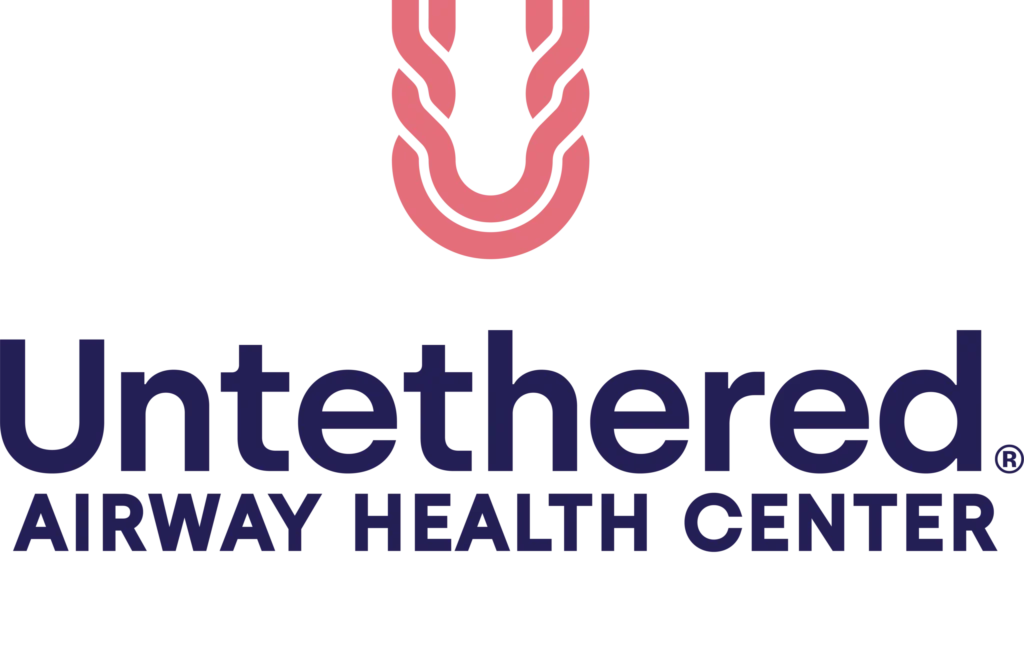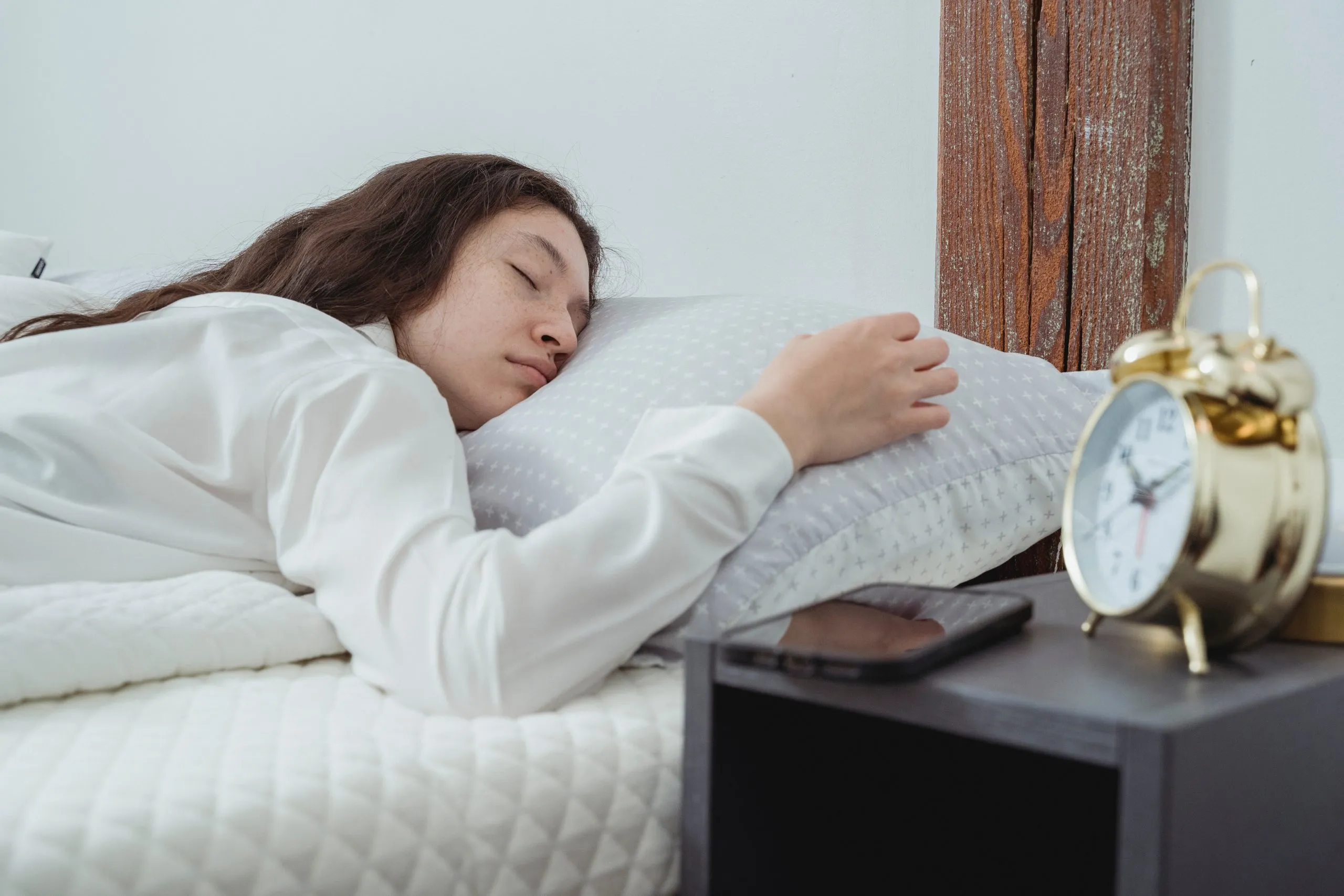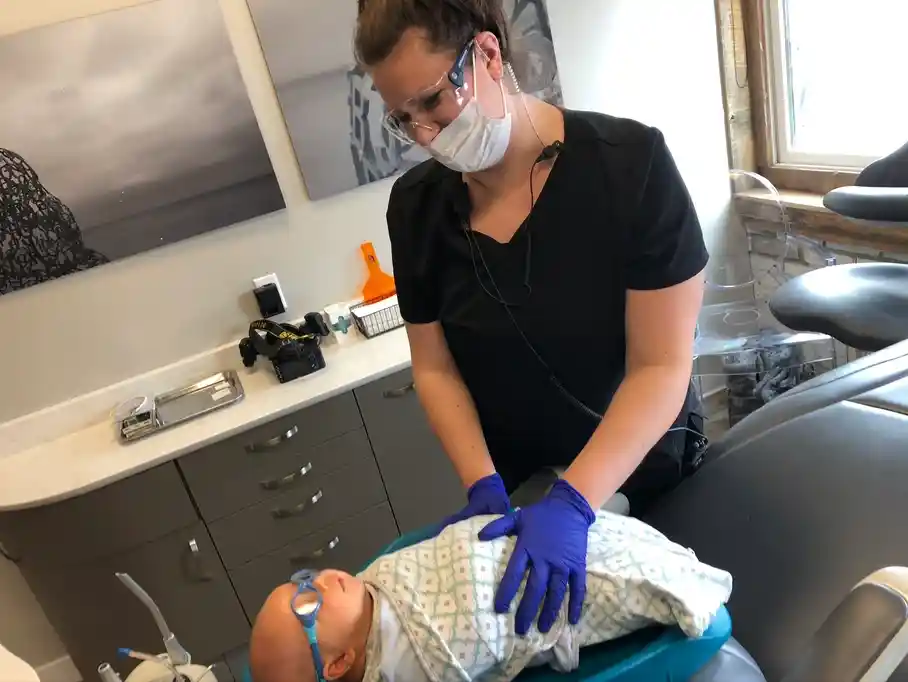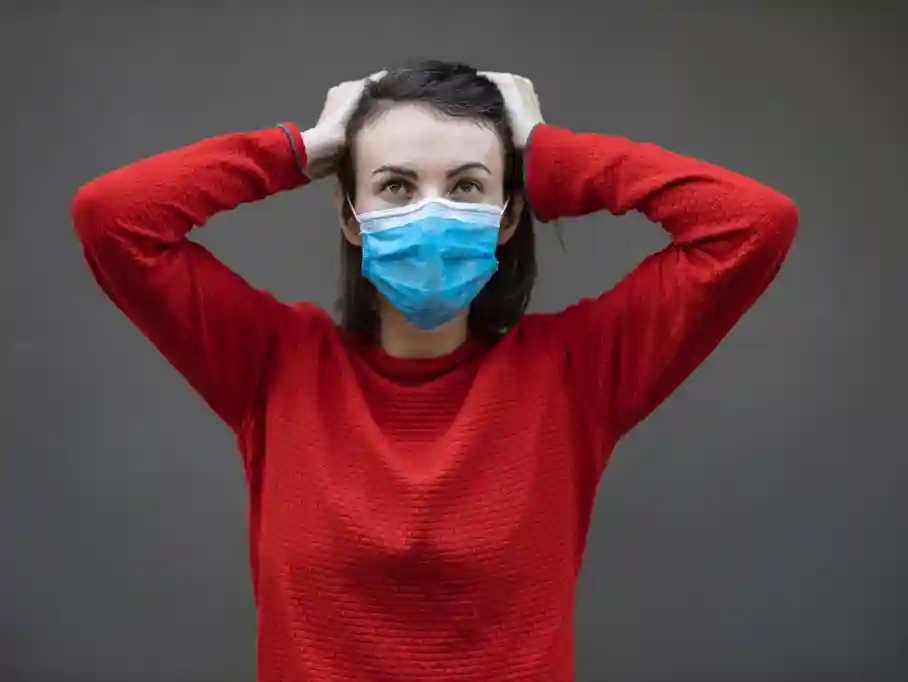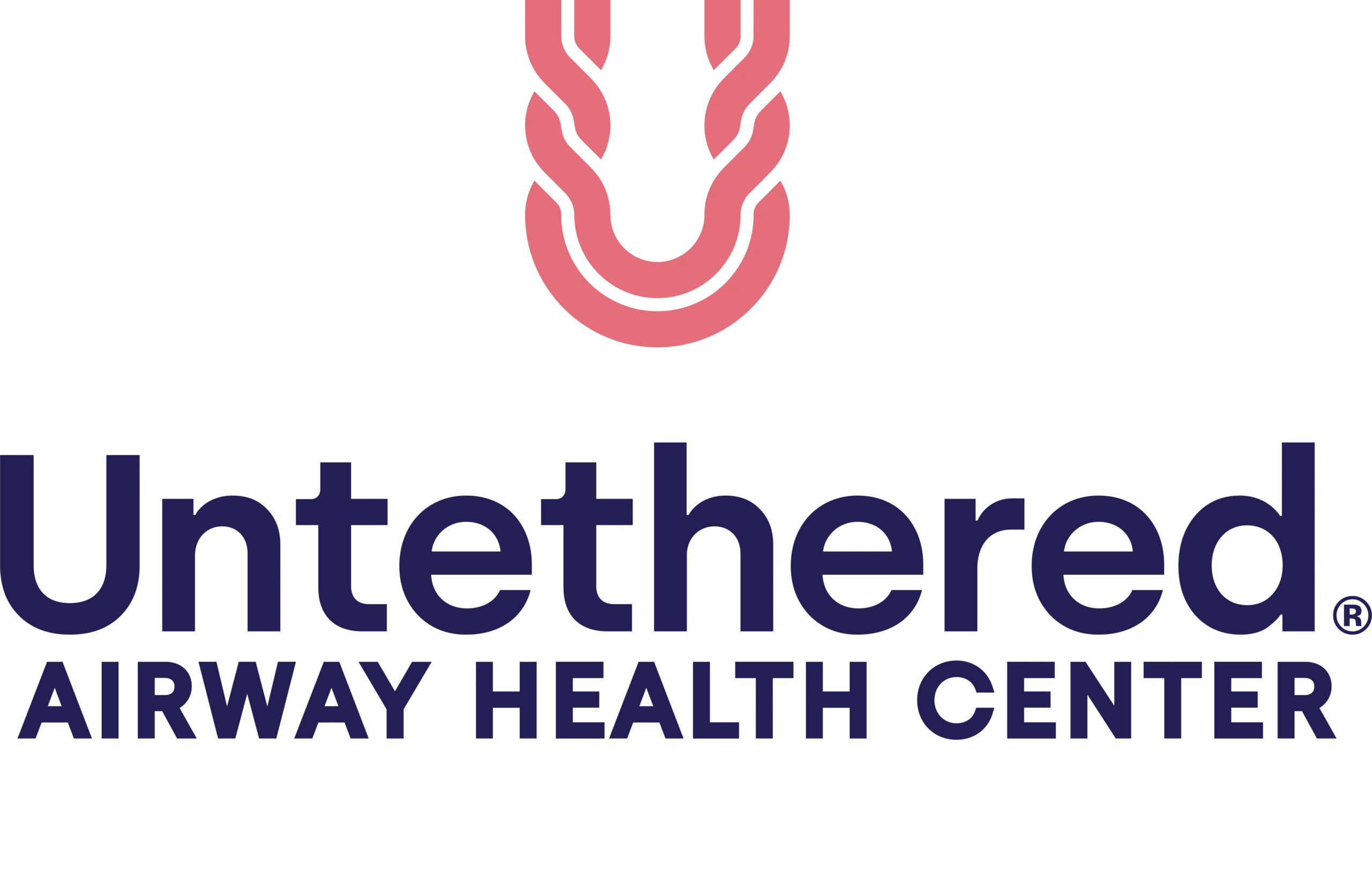Are you tired of restless nights, constant fatigue, and loud snoring? If you’re struggling with sleep-related breathing disorders like sleep apnea, you are not alone. These disorders can significantly impact your overall health and well-being. Fortunately, there are alternative treatments for your dental health available that can positively impact the symptoms of sleep disordered breathing and improve your quality of sleep. At Untethered Airway Health Center, located in Lakewood, CO, we offer virtual appointments to provide you with the care and information you need. In this blog post, we will explore some alternative treatments for sleep-related breathing disorders that have shown promising results.
Myofunctional Therapy
One effective alternative treatment for sleep-related breathing disorders is myofunctional therapy. This therapy focuses on strengthening the muscles in the face, tongue, and throat to improve breathing and reduce snoring. By practicing specific exercises and techniques, myofunctional therapy can help retrain the muscles involved in proper breathing and promote a healthier sleep pattern. It is a non-invasive and drug-free approach that has shown positive results for many patients.
Use Oral Appliances
Another alternative treatment option for sleep-related breathing disorders is the use of oral appliances. These custom-made devices are designed to reduce clenching and open the oral volume. They in turn keep the airway open during sleep by repositioning the jaw and tongue. Oral appliances are comfortable to wear and can effectively treat mild to moderate cases of sleep apnea if prescribed by a sleep MD or can be used to reduce snoring. They are convenient and portable, making them an excellent choice for individuals who travel frequently or have difficulty adapting to a continuous positive airway pressure (CPAP) machine.
Use a Humidifier
Adding a humidifier to your bedroom can also provide relief from sleep-related breathing disorders. Dry air can irritate the airways and exacerbate symptoms. By increasing the moisture in the air, a humidifier can help reduce congestion, ease breathing, and prevent the throat from becoming dry during sleep. This simple and affordable device can significantly improve your sleep quality, especially if you live in a dry climate or during the winter months when indoor air tends to be drier.
Nasal Breathing Protocol
There are a number of recommendations we use in our office to further encourage nasal breathing. Nasal breathing releases more nitric oxide and allows for better oxygenation. It reduces the turbulence of airflow coming into the airway and reduces how collapsible the airway is. In turn, clenching can be reduced as well as certain types of acid reflux. There are many ways to address nasal restriction, and we have a few simple and quick ones!
Lifestyle Changes
In addition to specific therapies and devices, certain lifestyle changes can make a significant difference in managing sleep-related breathing disorders. Here are a few key adjustments you can make:
Sleeping Position
Sleeping on your back can contribute to airway obstruction and worsen sleep apnea symptoms. Try sleeping on your side to keep your airway open and reduce the likelihood of interrupted breathing.
Regular Exercise & Maintaining a Healthy Weight
Engaging in regular physical activity and maintaining a healthy weight can have a positive impact on sleep-related breathing disorders. Excess weight can put pressure on the airways, increasing the risk of obstruction. By adopting a healthy lifestyle, you can improve overall sleep quality and reduce symptoms.
Avoid Alcohol or Smoking
Alcohol and smoking can relax the throat muscles and contribute to airway obstruction. Avoiding these substances, especially close to bedtime, can help minimize the severity of sleep-related breathing disorders.
Surgery (but only if all other treatments are unsuccessful)
In some cases, when alternative treatments and therapies fail to provide sufficient relief, surgery may be considered. Surgical interventions for sleep-related breathing disorders aim to remove obstructions or correct anatomical issues in the airway. However, surgery is typically reserved for severe cases and should only be pursued after other treatment options have been explored.
Find An Alternative Treatment for Sleep-Related Breathing Disorders That Would Fit Your Needs
Sleep-related breathing disorders can significantly impact your quality of life and overall health. If you’re seeking alternative treatments for sleep-related breathing disorders in Lakewood, CO, Untethered Airway Health Center is here to help. From myofunctional therapy and oral appliances to lifestyle changes and the use of humidifiers, there are various options available to improve your sleep quality and alleviate symptoms. Remember, it’s important to consult with a healthcare professional to determine the most suitable treatment plan for your specific needs. Don’t let sleep-related breathing disorders disrupt your life any longer—schedule a virtual appointment with us today and take the first step toward better sleep and improved well-being.
Schedule your virtual appointment with Untethered Airway Health Center today and start your journey toward better sleep and improved health. Visit our website or call us or book your appointment here. We’re here to support you every step of the way.
Want to learn more about sleep and airway health? Check out our Ultimate Guide to Sleep-Related Breathing Disorders.
